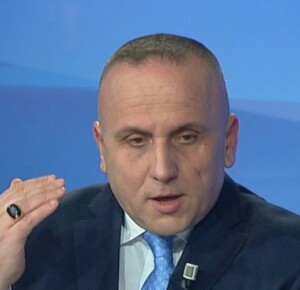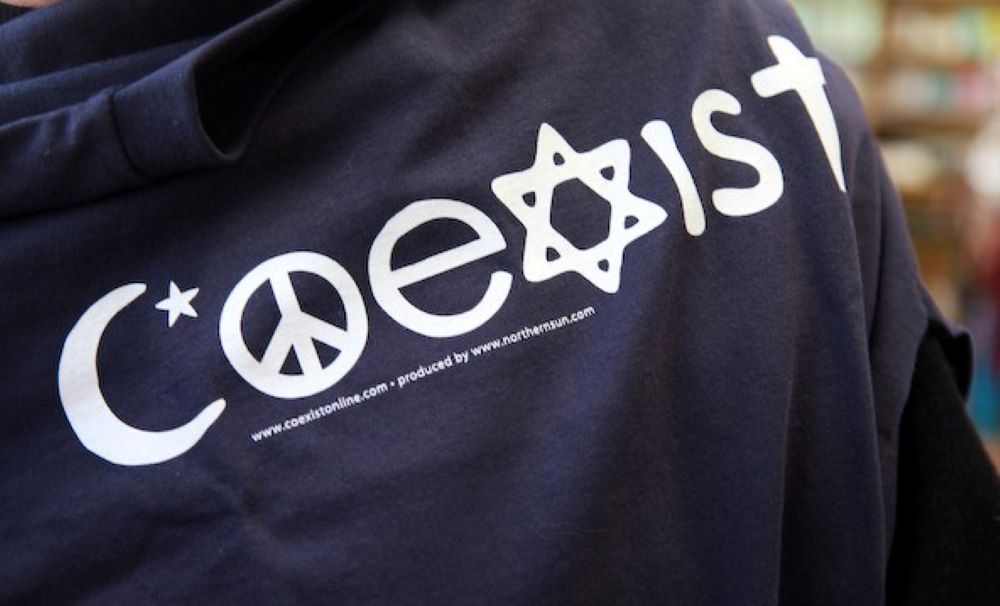If the Western Balkans continue like this, we will provide assistance to the “Lebanonisation” of the region.

Ilir Kulla
The Western Balkans States are in a very particular multi-faith reality. Due to the Ottoman Empire era, in the Western Balkans region, you find local religious communities which are a part of a multi-panorama. Local ethnic Balkan Catholic Christians, local ethnic Balkan Christian Slavic Orthodox Christians, local ethnic Balkan Greek Orthodox Christians, local ethnic Balkan Sunni Muslims, local ethnic Balkan Shia Muslims. There is also an important number of local Jewish communities which originate from the Middle Ages and which settled in the Western Balkans after leaving the Spanish Kingdom, which is why they are considered local ethnic Balkan Jews. Due to this panorama, the interreligious coexistence in the region, and the way these religious communities are interacting with each other (and with local state authorities), this can represent quite a challenge.
After the dissolution of the former Yugoslavia and the fall of the Communist regime in the region, the old problems returned. Let’s analyze these problems in the case of Albania, for example. Religious communities are independent according to the Constitution and they have their own roles and canons. They nominate their leaders, approve their budgets and respect their own traditions. In the Constitution of Albania, they are considered “traditional religious communities” and they make special agreements with the Government which are approved by the Parliament. This act becomes like a special law regulating the activity between the religious community and the state. This example is similar to the Lateran Treaty between Vatican and Italy. On one side, the Government respects the independence of the religious community while on the other side the religious community respects the Constitution and the Rule of Law.
Only in the case of Roman Catholic Church of Albania that agreement is signed directly with the Vatican. In the case of the Albanian Orthodox Church, which managed to gain independence from the Istanbul Patriarchate, the Head of the Church is a Greek native, but he is also an Albanian citizen and all bishops are Albanians. Some of the liturgy is done in the old Greek language, while others are done in the Albanian language. The government doesn’t act on these canonic issues. The problem remains in those countries were the majority of the citizens are a part of the same religious community or church like in the case of Serbia or Montenegro. Officially these states are secular and they don’t have state faith, but in fact religion is a very difficult partner to public life and many times can be quite political. It is almost impossible that a church becomes independent from the mother church without achieving consensus. Here we have the cases of Macedonia and Montenegro, as examples.
The church authority doesn’t belong to the government and many times they end up in an open conflict with each other. The heritage of the communist era definitely didn’t help. On one side, in the democratic system, the independence of the church from the state is a very important point of internal stability while on the other side, the protection of a democratic country from a foreign influence using religion is also very important for national security.
In fact, there is only one country in the world were these ethnic and religious communities are all part of the parliament and government by the constitution independently of the election result and that’s Lebanon. If the Western Balkans continue like this, we will provide assistance to the “Lebanonisation” of the region.
Ilir Kulla specializes in security and defense policies



Leave A Comment